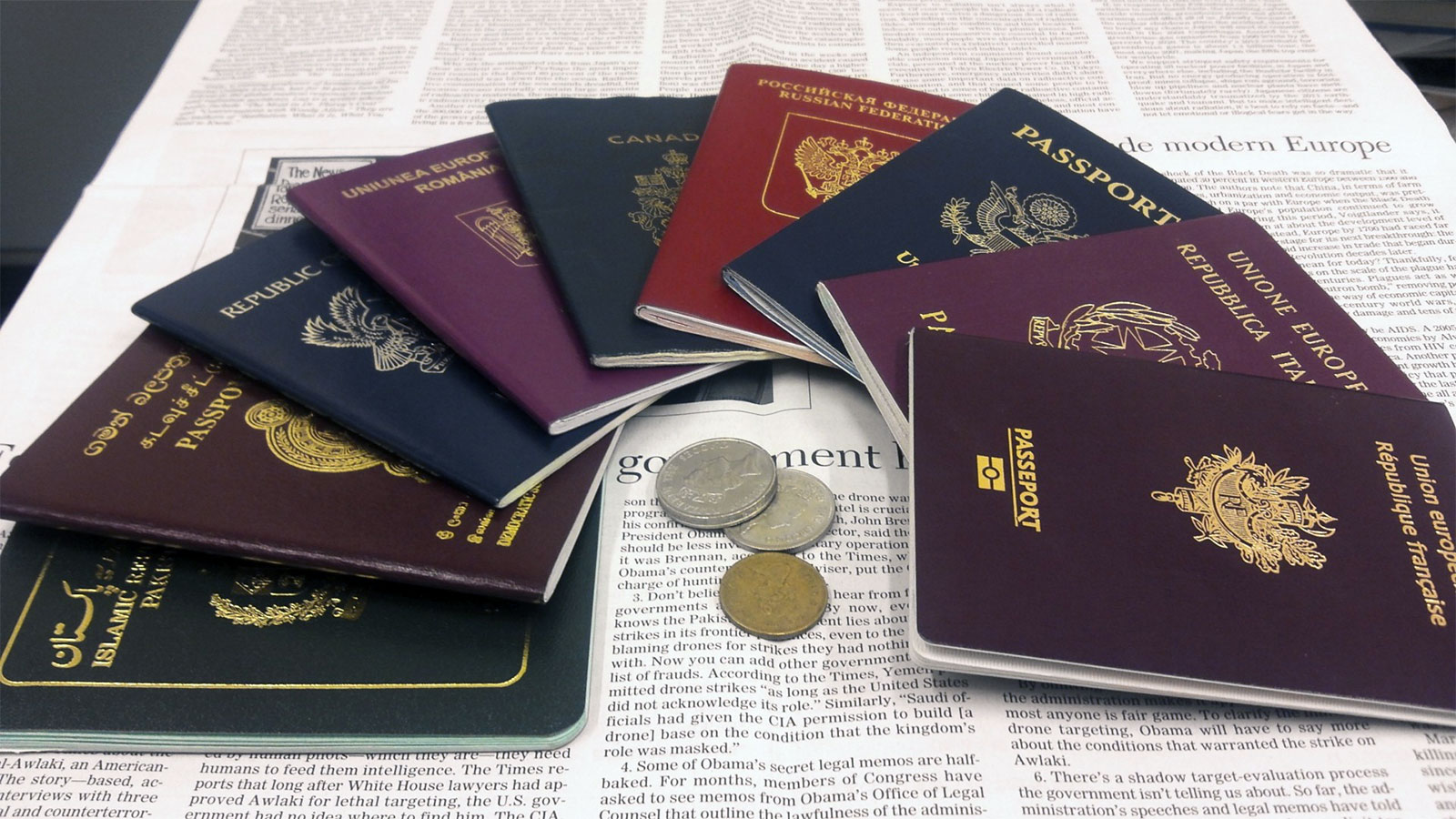Holding a U.S. passport once meant that you could travel practically anywhere without a visa – or only have to apply for one on arrival. While that’s still the case in many countries, the U.S. passport has been humbled under Donald Trump’s administration.
According to international finance firm Arton Capital, the U.S. is now in sixth place, sharing its position with Canada, Ireland and Malaysia. The criterion is how many countries allow passport holders of each country to enter without a visa stamp, among others.
Singapore is the new leader, having ousted Germany from the top spot after Paraguay recently removed visa requirements for the city-state. A Singapore-issued passport carries the highest score of 159. Germany’s score is 158, while the U.S. comes in at a modest 154.
The Passport Index from Arton is only one of many indices showing the relative strength of a passport, and it takes additional factors such as the UN Human Development Index into consideration for the final ranking.
Another system, called the Nomad Passport Index, ranks 199 countries on five separate factors: visa-free travel, international taxation, dual citizenship, perception and personal freedom. In that ranking, Sweden comes first, followed by Belgium, then Spain and Italy tied for third place and Ireland the last of the top five.
The U.S. still ranks in the top five on several lists, but its ranking has slipped since the Trump administration took over.
Global mobility is increasingly becoming important to high net worth individuals and their families around the world. If you have enough to invest in a particular nation’s economy, it makes getting a passport in that country that much easier.
The cost of a passport is understandably steep when applied for through a CIP, or Citizenship by Investment Program, ranging from about $100,000 for the island of Dominica to $2.6 million for one from the UK. The United States offers a 2-year green card status followed by a pathway to citizenship, and it only costs $500,000. But the process itself can take up to five years or more.
Why invest in a second citizenship?
There are several reasons why people need mobility. Business travelers need it for efficiency, for example. Wealthy individuals from countries with unstable environments many want more security and stability for their families.
Surprisingly, the one group that doesn’t actively participate in CIPs is the world’s billionaires – and for good reason. According to Nuri Katz, founder of international financial advisory firm Apex Capital Partners:
“Billionaires usually will have taken care of these issues when they are still ‘simple’ millionaires. It is generally something that they start thinking about when they reach a net worth of a million or two.”
And there you have it. Only the poorest of the rich usually seek a second citizenship, for whatever reason.
Thanks for visiting. Please support 1redDrop on social media: Facebook | Twitter
Sources: CNN Travel | Newsweek



